What constitutes ‘environmental’ risk for autism?
If inherited risk for autism is 50 percent, does that make the remaining half of risk environmental? Scientists clarify a large population study.
If inherited risk for autism is 50 percent, does that make the remaining half of risk environmental? Scientists clarify a large population study.
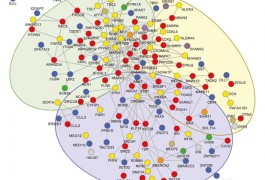
People with autism tend to carry mutations that duplicate or delete several genes at once, according to a large study published 1 May in the American Journal of Human Genetics.

Mutations in a gene associated with DNA packaging may lead to autism and intellectual disability, suggests a study published 16 February in Nature Genetics.
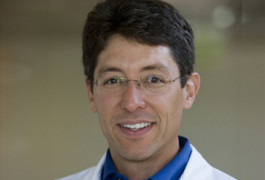
Watch the complete replay of Joseph Gleeson explaining how DNA sequencing can help find treatments, including dietary supplements, for rare types of autism.
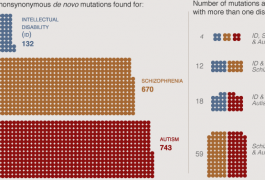
Spontaneous and rare mutations, particularly in genes related to networks that regulate neuronal connections, contribute a small but significant proportion of the risk for schizophrenia, report two large studies published online 22 January in Nature.
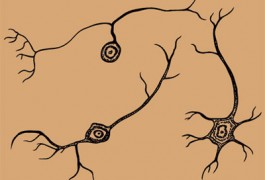
Individuals with autism may carry genetic variants in a pathway important for brain development, according to a study published in September in Translational Psychiatry.
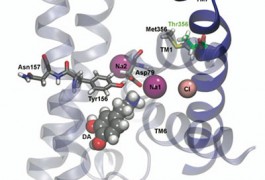
A newly discovered spontaneous mutation, described 27 August in Molecular Psychiatry, links autism to changes in the regulation of the chemical messenger dopamine.
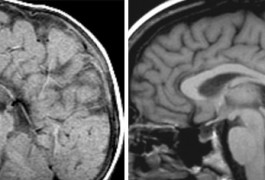
The largest genetic analysis yet conducted of people lacking a brain structure called the corpus callosum shows that the condition shares many risk factors with autism. The study was published 3 October in PLoS Genetics.

Mutations in a gene that plays a role in producing cholesterol in the body increase the risk for autism, suggesting therapies for some people with the disorder, according to research presented in a poster Tuesday at the Autism Consortium’s 2013 Research Symposium.
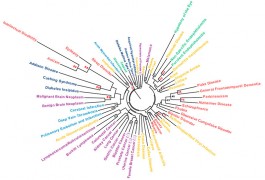
Researchers have mined the medical records of more than 100 million people and found close to 3,000 associations between single-gene diseases, such as cystic fibrosis, and complex genetic disorders such as autism. The results were published 26 September in Cell.